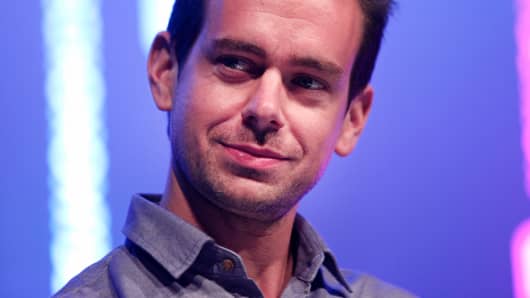Twitter can keep losing money for more than 400 years, and that's centuries more than other companies can say.
The market didn't look kindly on the mass exodus of Twitter executives this week, but as S&P Capital IQ pointed out in a research note, at least the company still has tons of cash. At its current burn rate, CEO Jack Dorsey has 412 years to turn the company around before it runs out of cash.
The Big Crunch wondered how that timeline compared to other companies traded on the New York Stock Exchange and Nasdaq — after all, the median company tends to hold nearly twice as much cash on its books than a decade ago, and some companies have tens of billions in their stockpiles.
It turns out that even if you compare Twitter to other companies burning money at the same rate or faster, Twitter's $3.5 billion in cash gives it centuries more time than anyone else. The only companies on either exchange (out of those with data available) that come even close are a few energy companies and a commodities company.



